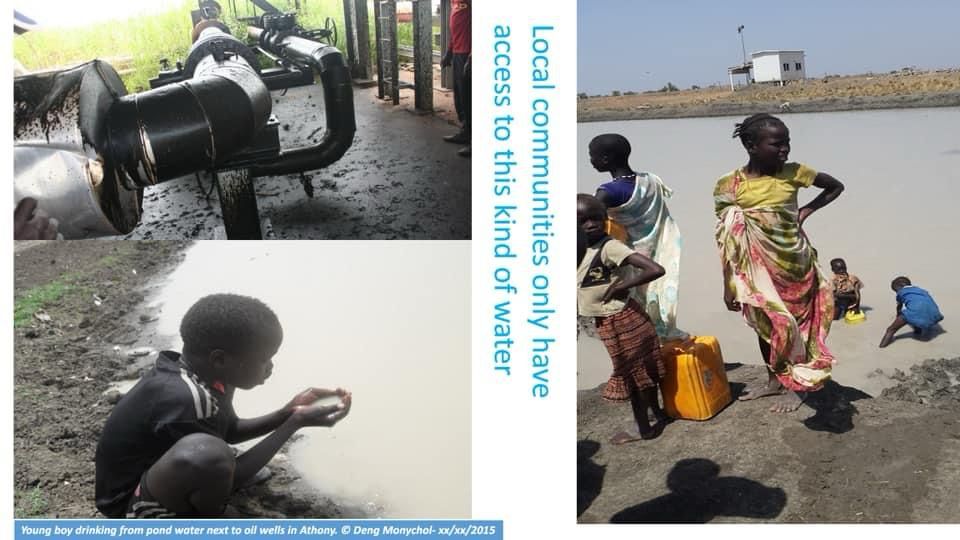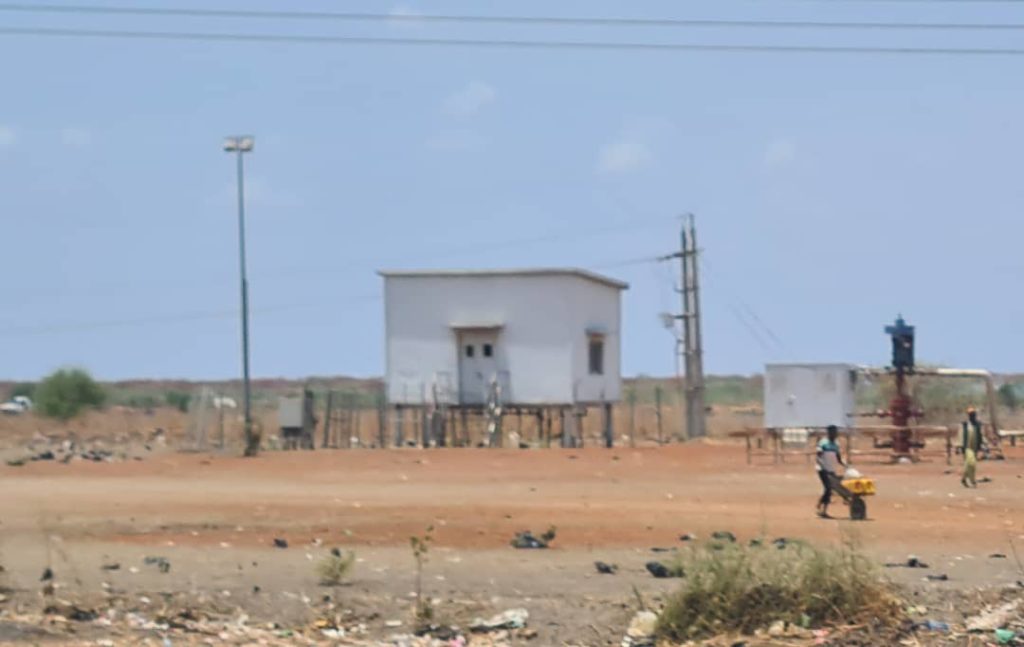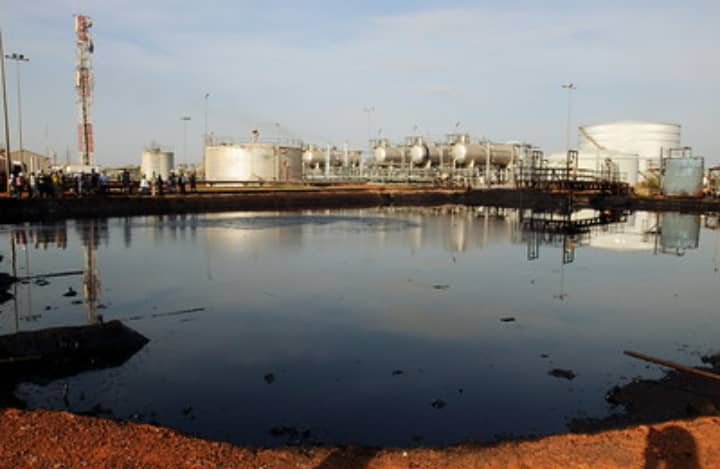The RRN Research Digest provides a synopsis of recent research on refugee and forced migration issues from entities associated with the RRN and others.
You can download the digest in PDF format here: RRN Research Digest
Dear RRN Research Digest readers and contributors, we would like to thank you for your continued support. This will be our last issue of the academic year, and we hope to see you again in September. We wish you a lovely summer!
Many thanks,
RRN Digest Team
NEW RESEARCH AND PUBLICATIONS
Panepinto, A. (2025). Ending impunity for international law violations: Palestinian bedouins and the risk of forced displacement. Hart Publishing. Open access. This open access edited collection is the first book-length academic publication on the Palestinian Bedouins at risk of forced displacement in the Central West Bank and Greater Jerusalem area. At its core are two questions: firstly; what are the humanitarian vulnerabilities they face and how are they produced/constructed? And secondly, how does protracted impunity for international law violations drive humanitarian protection risks for them? It interweaves international law, community-based empirical research and interdisciplinary perspectives, to offer the broadest possible framework for understanding these complex and complicated questions.
Tadokoro, M. (2025). The International Politics of Migration: Interstate Relations and the Peoples Who Cross Borders. Springer Nature; Springer. Open access. This open access book discusses the impact of cross-border migration on the relationships between sovereign states. While there is already a vast amount of literature on immigration, it often focuses on issues such as human rights, citizenship, and social integration, reflecting the contemporary interests of Western countries. However, as long as the most fundamental norm of international politics remains the mutual recognition of exclusive jurisdictional rights over territory by sovereign states, people crossing borders pose various challenges to this system of sovereign states. It is this awareness of the issue that makes this book unique.
Dahie, H. A., Osman, M. A., Jimale, Y. A., Mohamud, F. I., Hussein, H. A., Alasow, M. O., Osman, A. A., Abdirahman Mohamed Abdullahi, Dakane, M. M., & Hussein, D. A. (2025). Determinants of institutional delivery service utilization among internally displaced vulnerable populations in benadir region, Somalia: A community based cross-sectional study. Journal of Migration and Health, 11, 100319. Open access. Every day, nearly 830 women succumb to preventable pregnancy and childbirth-related complications, with 99 % of maternal deaths occurring in developing nations. Maternal mortality is disproportionately higher among women in rural areas and impoverished communities, especially in Sub-Saharan Africa, where approximately 85 % of cases are concentrated. In Somalia, a country grappling with prolonged conflicts and a healthcare system in disarray, maternal mortality remains alarmingly high at 692 per 100,000 live births. Delivery institutions in the IDP camps are mainly operated by humanitarian agencies and offer their services free of charge. The aim of this study is to investigate the prevalence of institutional delivery and factors associated with it among internally displaced mothers in Benadir region.
McAllister, K., Yoshimizu, A., & Ahadi, D. Migration and the politics of methodology: Doing fieldwork, Decentring power, and foregrounding migrants’ perspectives. (2025). Routledge. This volume examines the politics of fieldwork and the challenges of researching migrants constructed as outsiders both nationally and transnationally. Based on research with undocumented migrants, temporary workers, refugees, international students, and those who, having received citizenship status find their lives to be discursively and legally restricted, it shows how interdisciplinary fieldwork-based approaches can provide detailed accounts of migrants’ voices and their conditions of existence, offering insights into the ways in which they understand and take part in producing their transnational worlds. Applying critical, self-reflexive methodological approaches that challenge assumptions about who has the authority to produce knowledge and what types of knowledge have the authority of truth, Migration and the Politics of Methodology will appeal to scholars of sociology, anthropology, geography, and communication and cultural studies with interests in research methods and migration.
Senevirathne, K.M.S., Quayle, A. and West, A. (2025), “Accounting for the stateless: Indian Tamils and the historical construction of racial inequality in Sri Lanka”, Accounting, Auditing & Accountability Journal, Vol. 38 No. 9, pp. 133-162. Open access. This paper aims to provide a historical perspective on the beginnings of racial inequality by analysing the changing citizenship identity of migrant Indian Tamils in post-colonial Sri Lanka (1948–2003), and the role accounting plays in constructing them as stateless non-citizens. This study shows how accounting plays a supplementary role in providing the state with an account of its population through practices of naming, counting and valuing. These practices also create Indian Tamil migrants as new objects of knowledge using their non-citizenship and racial identity. Government accounting of the everyday life (bios) of these non-citizens (births, deaths, education and wage rates) provided yearly evidence of the social and economic disparities between Sri Lankan citizens and the stateless Indian Tamils who lived predominantly on plantation estates.
REPORTS AND POLICY BRIEFS
Key Insights from Route-based Research Along the Main Migratory Routes in East and Horn of Africa. (2025). IOM UN Migration. This publication presents the main findings from five years of route-based research on migration in the East and Horn of Africa (EHoA), focusing on the region’s three main interregional routes. These include the Eastern Route, from the Horn of Africa to the Arabian Peninsula; the Northern Route, from the Horn of Africa and the Sudan towards North Africa and Europe; and the Southern Route, from the Horn of Africa to Southern Africa. Through 10 key messages, this report provides an accessible overview of migration dynamics, offering valuable insights into the complexities of movements from the region and serving as an entry point for understanding the challenges, drivers and patterns shaping migration in the EHoA.
On the precipice of progress: National policy openings that increase forcibly displaced adolescent and youth enrollment and retention in secondary education. (2025). INEE. National-level policies are vital to the realization of forcibly displaced adolescent and youth engagement in secondary education. As multiple global-level frameworks and commitments are non-binding, national-level laws and the policies formulated within them help provide the political, social, and material conditions that adolescents and youth need for their right to secondary education to be achieved. This publication draws upon four case studies from the host-country contexts of Colombia, Iraq, Nigeria, and Rwanda. It contributes towards an emerging evidence base and informs an action agenda to increase forcibly displaced adolescent and youth enrollment and retention in national secondary education systems.
The Annual Global Overview of Migration Routes 2024. (2025). IOM UN Migration. The Annual Overview of Migratory Routes aims to provide a global snapshot of migration in 2024 from a route-based perspective. This approach investigates routes across national and regional boundaries, requiring a multi-country perspective and holistic view of human mobility, which considers people at origin, in transit, and at their destinations. By using this approach, the report seeks to provide an overview of the main dynamics along some of the world’s key migratory routes. It aims to investigate the interconnections between this global network of interdependent routes, bringing together data and analyses from all of IOM’s Regional Data Hubs and the global network of Displacement Tracking Matrix (DTM) operations. This report provides a comprehensive global snapshot of the latest trends and data on key migratory dynamics on major routes every four months and on an annual basis.
The State of the World’s Human Rights: April 2025. (2025). Amnesty. The 2025 edition of Amnesty International’s annual report, The State of the World’s Human Rights, assesses national, regional and global developments across a wide range of human rights themes. It identifies world trends related to violations in armed conflicts, repression of dissent, discrimination, economic and climate injustice, and the misuse of technology to infringe on human rights. It also highlights how powerful states have deliberately undermined the international rules-based system, hindering the resolution of problems that affect the lives of millions. The report documents human rights concerns during 2024 in 150 countries, connecting global and regional issues and looking to the future.
2025 Refugee resettlement response guide. (2025). International Rescue Committee. For decades, the U.S. Refugee Admissions Program (USRAP) has served as a safe pathway for individuals fleeing violence and persecution to enter the United States and become valuable members of our communities as neighbors, entrepreneurs, employees, fellow congregants, leaders, and more. This program has helped the United States step up to meet critical global needs, including welcoming Afghans fleeing the fall of Kabul and Ukrainians fleeing Russia’s invasion of their country in recent years. As of January 2025, the resettlement program has been indefinitely suspended. On January 20, the administration signed an Executive Order that indefinitely suspended the resettlement program. A few days later, on January 24, the administration ordered resettlement agencies to halt any activities supporting resettled refugees. On March 25, a U.S. appeals court allowed the administration to continue pausing refugee resettlement efforts while litigation works through the legal system.This guide offers tips and helpful examples for: Engaging with your elected officials, engaging with the press, and engaging on digital and social media to express support for the US refugee program.
NEWS AND BLOG POSTS
Algeria expels more than 1,000 migrants to northern Niger by Emma Wallis, April 23, 2025. InfoMigrants. Reports on the Spanish and Portuguese news agencies EFE and LUSA suggest that migrants from 17 different countries, including Nigeria, Benin, Burkina Faso, Cameroon, Mali, Gambia, Guinea, Niger, Somalia, Sudan, and Bangladesh were expelled from Algeria on April 19.
Civilians trapped, children at risk, amid escalating violence in Darfur, May 1, 2025. Reliefweb. As fighting intensifies in Darfur, children are bearing the brunt of a deepening humanitarian catastrophe. In the past three weeks, thousands of children and families have been forced to flee their homes – many for the second or third time – in search of an elusive sense of safety. The escalation of fighting since April 11 has reportedly killed hundreds, and driven a mass exodus of civilians from Al Fasher, and Abu Shouk and Zamzam camps. Approximately 150,000 people have sought refuge in Al Fasher, crowding into unfinished buildings, schools, or sheltering under trees – yet still exposed to ongoing shelling and without access to safe water, food, or healthcare
Empowering development through data on forced displacement by Daniel Boller, Ariya Hagh, & Hiroko Maeda, April 15, 2025. World Bank Blogs. Over 117 million people around the world are forcibly displaced due to conflict, violence, and persecution, as of 2023. Forcibly displaced people, including refugees, asylum-seekers, internally displaced people (IDP), and other people in need of international protection, face significant vulnerabilities that impede their economic participation and social inclusion, placing social and economic pressures on host communities and countries. The World Development Indicators (WDI) have recently included a suite of indicators on forcibly displaced people, likewise reflected in the World Bank Group Scorecard, sourced from data published by the Office of the United Nations High Commissioner for Refugees (UNHCR), including data published by the Internal Displacement Monitoring Centre (IDMC) and the United Nations Relief and Works Agency for Palestine Refugees in the Near East (UNRWA).
5 ways to tackle Australia’s backlog of asylum cases by Daniel Ghezelbash, Keyvan Dorostkar, & Mia Bridle, April 24, 2025. The Conversation. People who apply for asylum in Australia face significant delays in having their claims processed. These delays undermine the integrity of the asylum system, erode public confidence and cause significant distress to people seeking asylum. For people seeking asylum who have their initial applications refused and seek review in the Administrative Review Tribunal and in the Federal Circuit and Family Court, the process can often take more than ten years. The authors’ research evaluated data on Australia’s previous attempts to increase efficiency of asylum processing. They also examined international best practice for designing fair and fast procedures, including lessons from recent successful asylum reforms in Switzerland.
UNHCR: Funding crunch increases risks of violence, danger and death for refugees, May 2, 2025. Reliefweb. Deep funding cuts are removing critical support for the world’s most vulnerable refugees, who now face even greater risks of abuse, poverty, being forced to return home to danger or the prospect of new perilous journeys, UNHCR, the UN Refugee Agency, warned today. Two thirds of refugees find safety in countries neighbouring their own, most of which are resource-poor. Reduced funding is hitting hardest these refugees and their host communities, which are already stretched to the limits. UNHCR can already see the impact as efforts to stabilize and support populations in fragile host countries are scaled back or terminated. The prospect of long-term solutions is also receding, complicating border management, adding to risks of trafficking and abuse, and encouraging onward movement; more may drown at sea.
EVENTS, RESOURCES, DIGITAL AND SOCIAL MEDIA
Conference on Internally Displaced People: Shifting Power and Advancing Protection (Recording). Refugees International. Commemorating the anniversary of the Guiding Principles on Internal Displacement, Refugees International, Georgetown University, UN Special Rapporteur on the Human Rights of Internally Displaced persons, ODI Global and IDP leaders hosted a series of panels and a keynote address on internal displacement, focusing on ongoing protection needs, challenges and opportunities, and the shifting landscape of solutions. This event took place on April 14, 2025.
Empire of Refugees: North Caucasian Muslims and the Late Ottoman State; Dr Vladimir Hamed-Troyansky (Assistant Professor of Global Studies, University of California, Santa Barbara) (Seminar). Refugees Studies Centre, University of Oxford. Between the 1850s and World War I, about one million Muslims from the Russian Empire’s Caucasus region sought refuge in the Ottoman Empire. In his new book, Empire of Refugees: North Caucasian Muslims and the Late Ottoman State, Dr. Vladimir Hamed-Troyansky examines how Circassian, Chechen, Dagestani, and other refugees transformed the late Ottoman Empire and how the Ottoman government managed Muslim refugee resettlement. Empire of Refugees argues that, in response to Muslim migrations from Russia, the Ottoman government created a refugee regime, which predated refugee systems set up by the League of Nations and the United Nations. This seminar will be on May 20th, 2025, 5pm to 8pm, GMT, online.
Race, Refuge and Repair: Rethinking Migration from the Global South; Keynote Speaker: Prof. Tendayi Achiume in discussion with SA Human Rights Commissioner Tshepo Madlingozi (Workshop). Faculty of Law, University of Cape Town, South Africa. The colloquium aims to bring together the crucial empirical work currently organised under the banner of ‘border criminologies’ with critical legal analysis, including Third World Approaches to International Law (TWAIL) and related work at the intersections of refugee law, race, decolonisation and criminalisation. It seeks to advance scholarship on the imbrication of law and colonisation and the legal, political, economic and ecological relationships embedded in Empire, displacement, mobility and refugee protection. This is a hybrid event from May 29, 2025 to May 30, 2025, 9am to 5pm, SAST.
Understanding Syria through Syrian Voices: Refugees’ Stories of Revolution, War, and the Struggle for Home. University of Oxford Podcasts. In this joint seminar with Oxford University’s Refugee Studies Centre, Wendy Pearlman, Professor at Northwestern University, shares personal testimonies collected from displaced Syrians around the world. Over 13 years, Professor Wendy Pearlman has interviewed more than 500 displaced Syrians around the world about their lives under a brutal authoritarian regime, the popular uprising against it, and the subsequent war and refugee crisis. In this presentation, she shares and explores their stories collected in her two books, ‘We Crossed A Bridge and It Trembled: Voices from Syria’ (2017) and ‘The Home I Worked to Make: Voices from the New Syrian Diaspora’ (2024). These personal testimonials offer a human lens on the stunning recent collapse of the Assad regime, while also offering broader lessons about migration, belonging, and the search for dignity.





